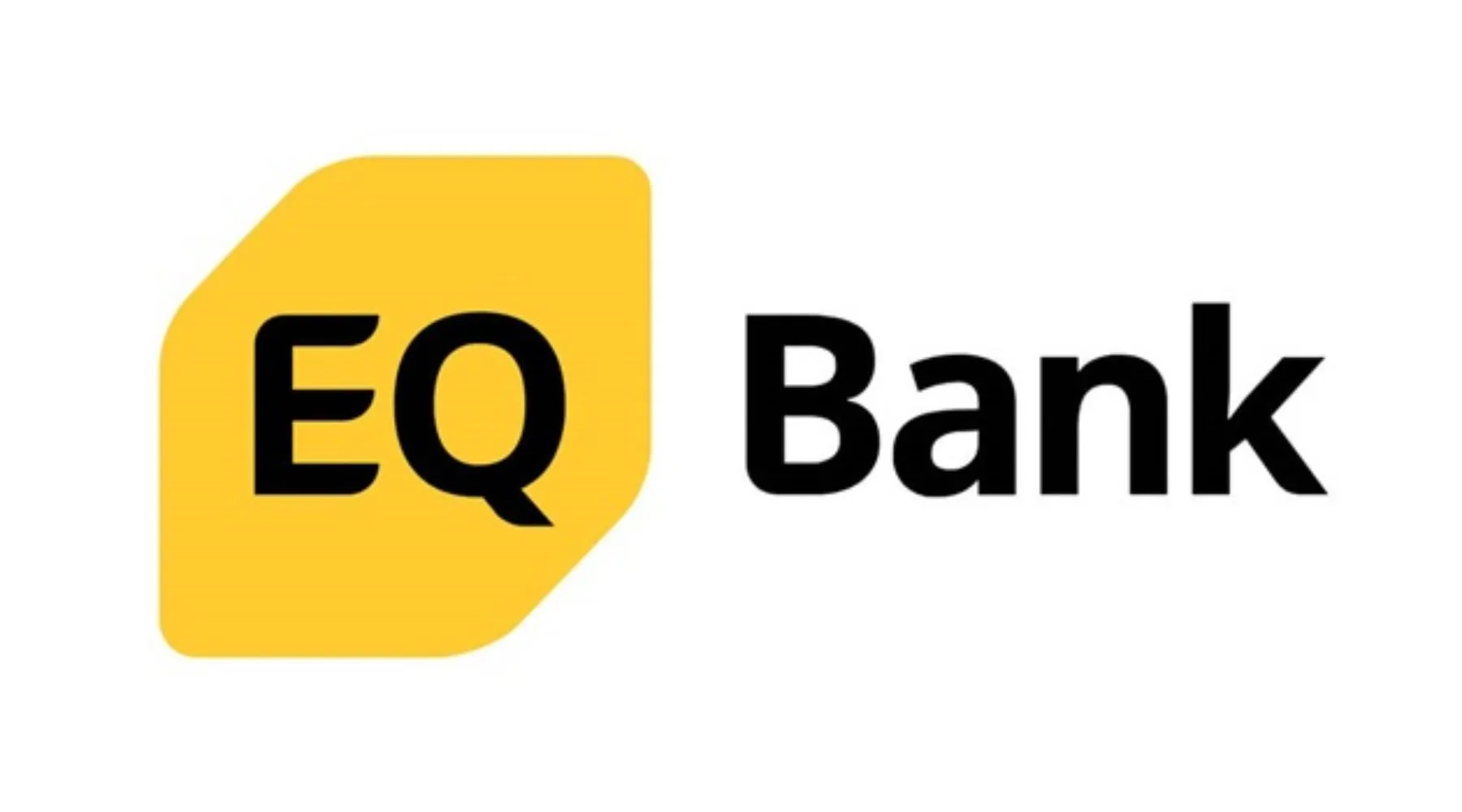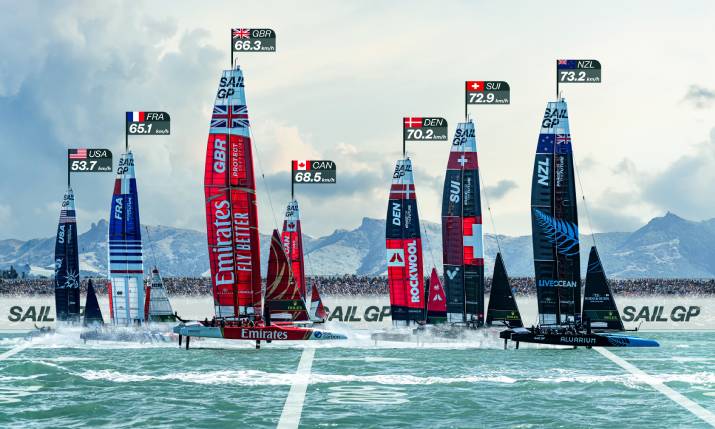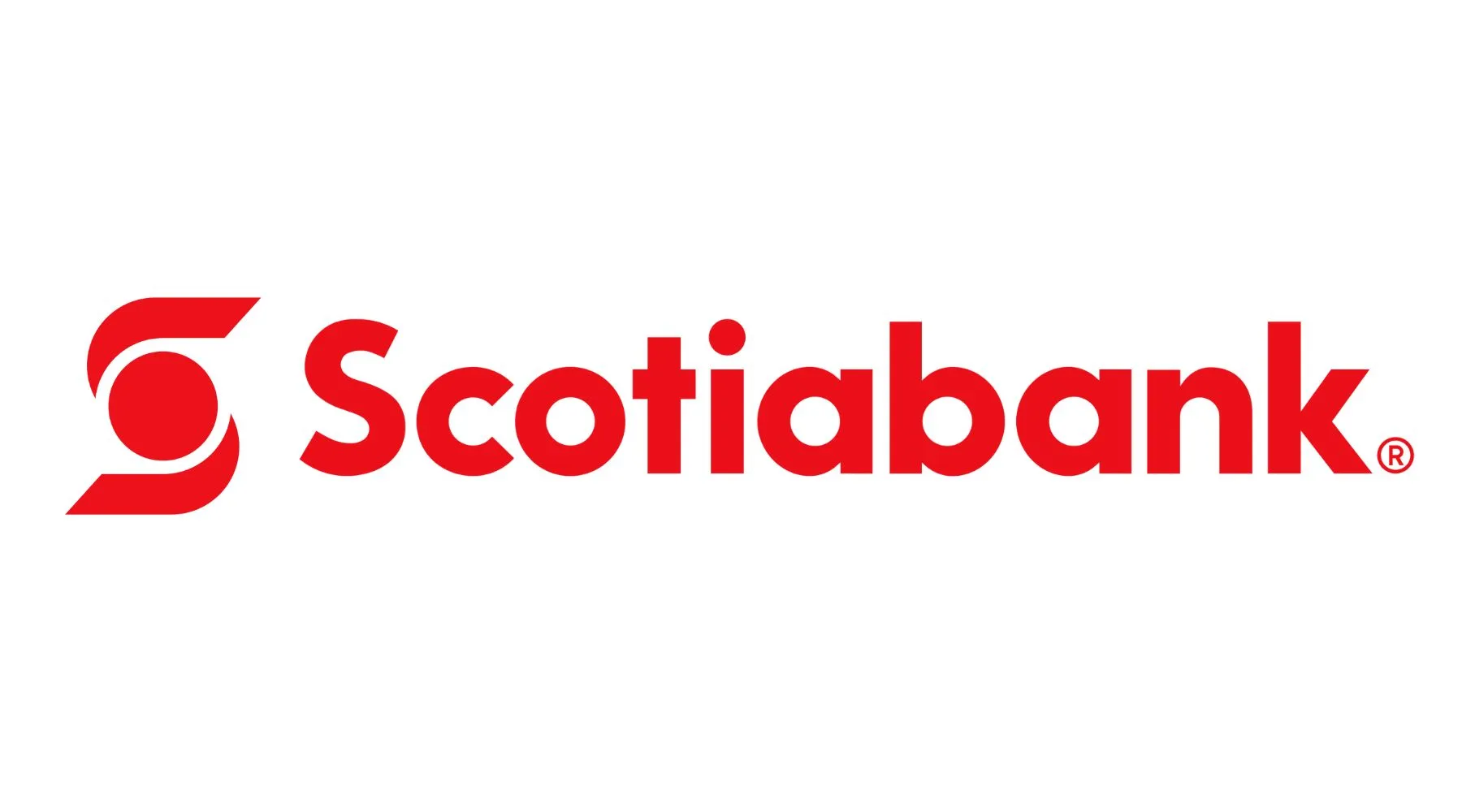Sunset+Vine’s biggest client in terms of turnover is Amazon
Welcome to a new series of articles from SVG Europe, titled Visionary, which are taking an in-depth look into the businesses at the heart of sports broadcasting today. From production companies and broadcasters to outside broadcast firms, we uncover where these business are today, how they got there, and where they are going.
It is only three years ago that the pandemic changed everyone’s life and most brought industries, including live sports production, to a standstill. Yet, for one company – London-based Sunset+Vine – the struggles of the pandemic already seem like a distant memory because it has notched up a record turnover for the year to September 2022, up to £89 million, from £56 million in 2021. And, in spring 2023, chairman Jeff Foulser says another excellent financial performance will be reported this autumn.
But even for Foulser, who is a man with five decades of experience in the TV business, this is a remarkable turnaround. “COVID was a major trauma and we went from dozens of OBs every week to none, overnight. However, we’re proud to say that we didn’t let go of any staff.” Sunset+Vine put over 100 staff on furlough and everyone else took 40% pay cuts, but thankfully, its largest client, BT Sport, kept paying. “By July 2020, sport started to comeback without crowds and we then picked up quite quickly.”
Despite the loss of its BT Sport contract at the end of June this year, which will affect its figures for the last quarter to September, Sunset+Vine continues to invest in staff above all else. These kinds of bumps in the road – from the pandemic to losing a major client – have been manageable because the company’s philosophy has long been one of continual growth, according to Foulser.
Sunset+Vine chair, Jeff Foulser
Confident company
For instance, even after the pandemic, Sunset+Vine was confident enough to take the role as host broadcaster at the Commonwealth Games in 2022 for the first time after previously working within a partnership.
“It wasn’t that big of a decision for us because we’d had the experience of two previous Commonwealth Games. We took a completely fresh approach because what drives us mad is the people who say they’ve produced something the same way for years so it must be the right approach.
“We wanted to be creative so we took a blank sheet of paper and came up with a new plan and a budget that scaled back on inappropriate areas such as production quality control where six or seven people were traditionally monitoring the different sports; we already had top producers and directors doing that job so why did we need someone else overlooking things as well? We based the bid on a creative approach to each different sport, but cutting out unnecessary costs as well helped us win the contract.”
The Commonwealth Games job was a major plus for Sunset+Vine, but it has been balanced by a minus; last autumn’s merger between BT Sport and Warner Bros. Discovery, which removes a top client from the production company’s books. But when one door closes for this business, another one usually opens and, in this case, that has been the growth of its work with Amazon Prime who has bought rights to English Premier League (EPL) and Champions League football plus Autumn Series rugby union. Sunset+Vine produces all this for the streaming platform.
Amazonian strength
“As Amazon Prime have come into the market, we’ve hung onto their coattails. It’s been a significant change for us. We pitched, along with our partner BT Sport, against Sky for the production contract on the EPL games in 2018 which was a bit of a surprise because Sky had never pitched for non-Sky work as far as I know, and haven’t since. Back then we could offer BT Sport studios and editing, but that won’t happen next year when we do the job on our own.”
Even replacing BT Sport’s support does not faze Foulser or the client. “Amazon is comfortable with us working alone on their productions because of what we’ve already done for them and we are comfortable too. It’s a logical step,” he says.
Foulser also welcomes the speed with which the relationship with Amazon has grown. “Take out the Commonwealth Games, which is only every four years, and Amazon is our biggest client in terms of turnover and that’s gone from nothing three years ago, so it’s been amazing.”
But it has been a learning curve with a client new to sports, and one that is so big. “We didn’t do things much differently at first because it was only 20 games in 2019, but then they bought more rights and now we have a dedicated Amazon team with specific people as points of contact.
“We run their events like a big division of Sunset+Vine; a company within a company. There is a project lead and exec producers and production management of each sport, and we’ve restructured to accommodate that. They are growing and we want to grow with them and also scale up if they buy rights to other sports, maybe in other countries.”
As work with Amazon has increased, opening a Sunset+Vine office in Milan and also partnering with a small production company in Germany to produce the Champions League, have been added benefits.
Foulser says working with rights purchasers like Amazon, even though they are new to sport, is not much different than working with a governing body. Sunset+Vine’s relationships with the International Cricket Council (ICC) and World Rugby and its Sevens Series have thrived for several years. “Everyone is more sophisticated now about their vision and the budgets too. It’s a partnership in a lot of ways although we know they are still the client,” adds Foulser.
Production partnerships
These partnerships are about discussing the production’s aims and value in a much more detailed way these days, says Foulser, including how to use new technology. “Sport is the ultimate unscripted drama and you have to have the right tools to reflect the narrative of the story.
“We take a journalistic approach. There are different innovations, equipment etc that help you explain things better than in my early days in the industry, but it’s still about telling the viewers what’s going on and explaining it to them. Money is important if you want 26 cameras and tracking shots and Spidercams etc, that all costs. But the art of telling the story is not expensive as long as you have the right people running the shows.”
Sunset+Vine’s history
Sunset+Vine was established in 1983 and initially produced advertiser-funded sports programming, but by the mid-1990s the company had progressed to live international football production with Channel 5 and followed that by a key contract with Channel 4 to work on international cricket in 1999.
Over the years, Sunset+Vine introduced new technology like Snickometer, Red Zone and the groundbreaking Hawk-Eye ball tracking system.
Other significant moments in the company’s history include: coverage of two Paralympic Games for Channel 4; becoming primary production partner for BT Sport in 2013; and in 2019 taking the role of main production partner for Amazon Prime covering Premier League football for the UK market, Autumn Nations Series rugby and Champions League football in Germany and Italy.
Foulser, of course, has been a technology leader going back as far as developing and investing in Hawk-Eye for Channel 4’s cricket coverage over 20 years ago, but he knows that not every breakthrough works for live sport.
“I’m not surprised 3D failed and I’m not sure if artificial intelligence will help us or where it will go. But I do know that augmented reality (AR) is great if you use it effectively. We’ve used it on ICC TV to create a distinctive look and feel to international events, putting AR photos and data over a spider cam or a drone. It gives impactful images.”
He also believes sound could still be improved in all sports. “If someone comes up with the ultimate way of getting closer to the action on sound, that would be great. So much impact can be improved by hearing what’s going on.”
Meanwhile, in terms of new territory for productions, Sunset+Vine has looked at esports, but is yet to find a way in. “I’m far too old for esports,” says Foulser, “but our younger people do say there’s a market for it. However, we’re not chasing it. We’d rather do the things we know we’re good at.”
Interestingly, Sunset+Vine’s first sports programme was advertiser funded – Gillette World Sport – although Foulser says this market is not so lucrative right now. “In terms of advertiser funded programming (AFP), we only work with Mobil nowadays, 10 hourly shows a year. AFP is tricky; you really need to get a company that is big enough and is funded centrally. If various different regions have a say in the funding and the programme, then your chances of getting a deal away are slim.” The Mobil shows are a success though, and have been made by Sunset+Vine for 15 years, delivering a 40-to-one ratio in return on investment, according to Foulser.
More opportunities
When Foulser worked with Gillette, decisions came quickly until there was a buyout. “After Gillette got taken over by Proctor & Gamble, decision-making became fractured and they got rid of the programme. AFP is lower in our strategy; it is hard to get companies to part with their pounds or dollars. We’d like to do more, but we have been saying that for years and we haven’t cracked it, but then neither has anyone else.”
But one area that still has lots of opportunity is the calendar of smaller sports events such as the World Canoe Championships in London in September. For Foulser, this might not a be a big budget event, but it matches the format for Sunset+Vine’s success.
“We’ll come up with a few different ways to cover the event and, if the clients are happy, then it could lead to something else, like when we first covered the Henley Royal Regatta back in 2015. It hadn’t been covered by TV since the 1960s, so it was a pretty low barrier to jump, but we added drone cameras and a few things to make it more interesting and use the tech to explain the story.” This is from a man whose company has won over 50 awards including six BAFTAs.
“There’s no great mystique about what we do,” he said. “We’re a successful, go-to, live sports production company that’s aware of what’s going on in the market. We stay on people’s radar; understand different trends like the streamers such as Amazon; and get a bit lucky here and there.
“It’s a boring cliché, but it’s not been brain surgery.”
Jeff Foulser’s CV
Foulser began his career in the 1970s with the UK broadcaster, ITV, and was its youngest ever executive producer of football overseeing three World Cups and four European Championships as well as live domestic coverage. He also produced three Olympic Games.
He has been at the helm of Sunset+Vine since 1996, during which time the company has grown from a small UK independent into one of the most respected and creative sports production businesses in the world.
He is a Fellow of the Royal Television Society.


